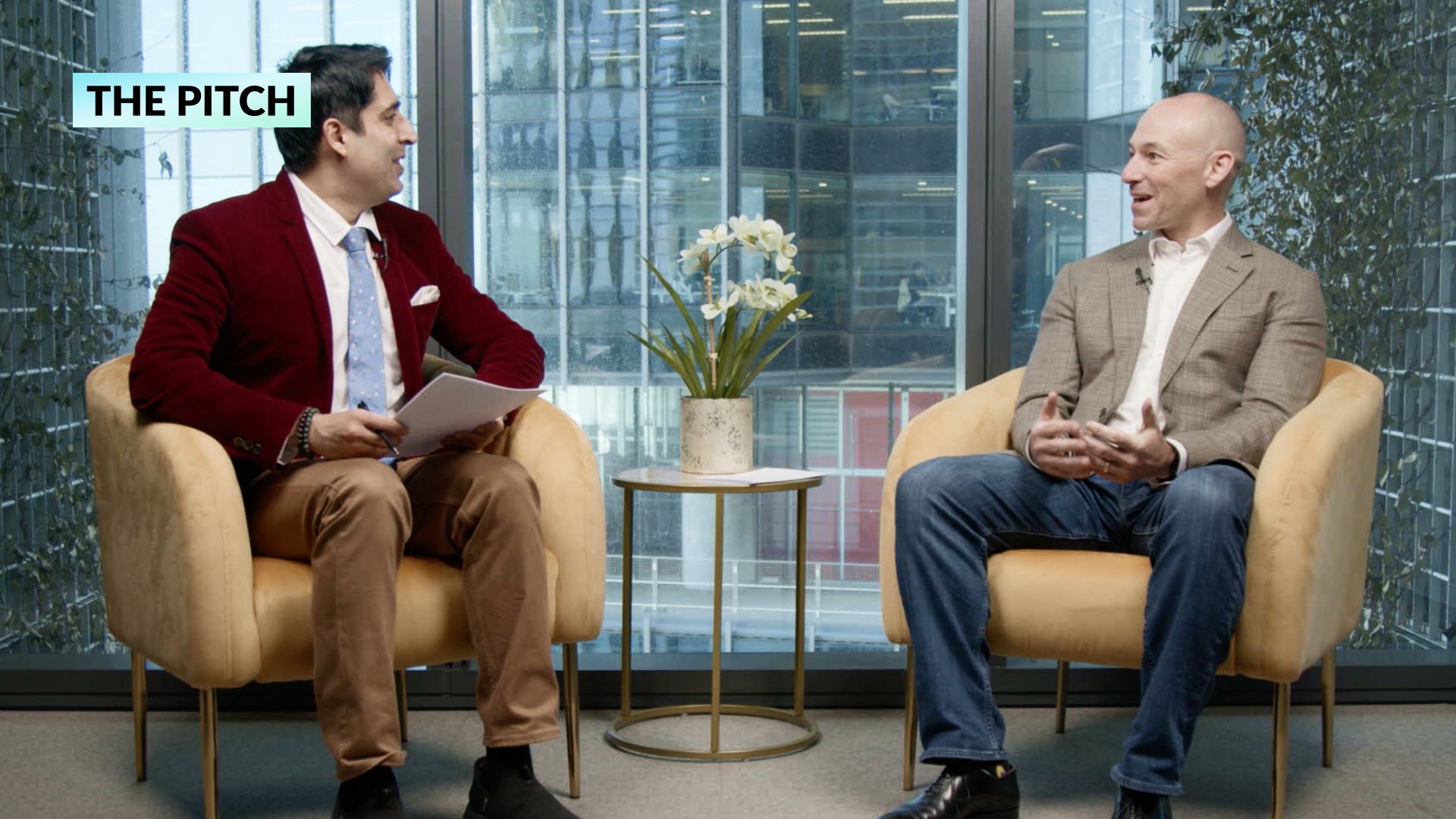The #1 consideration when choosing a private credit manager
In private lending, experience is crucial, especially when navigating downturns that stress-test a business’s cash flows.
While the growth of private credit has captured attention in recent years, many investors overlook the importance of working with lenders who have weathered market crises.
Joe Millward, Founder of Epsilon Direct Lending, knows firsthand how difficult conditions can get, having lived through the Global Financial Crisis (GFC) and worked in tougher economic environments in the UK and Europe.
His focus isn’t just on returns during favourable conditions, but on how to protect investors when things go wrong. With senior secured loans and robust due diligence processes in place, Epsilon ensures that their portfolio is well-positioned for both growth and resilience during downturns.
In this episode of The Pitch, Joe Millward shares insights into the realities of lending through crises, the protections in place for investors, and why private lenders must be prepared for challenges ahead. He walks through the critical role of risk mitigation and how the experience of navigating tough times can lead to more sustainable, long-term returns.
Edited transcript
In private credit, we focus a lot on opportunities, but what happens when things go wrong? What are the protections for lenders and their investors?
Capital is at risk, Vishal. Investors aren't earning 8, 9, 10, 11, 12% per annum risk-free, so what can go wrong is investors can lose capital. When you're lending, that means that you've had a default, a failure to pay interest or principal, or an insolvency event.
A receiver or an administrator might be appointed to a company, and the recovery rate could be less than the loan’s face value, resulting in a capital loss to investors. Things are relatively smooth right now in Australia, but we’ve been in benign economic conditions for a long time.
Investors can be lulled into a false sense of security, but it's crucial to understand the importance of having real-world experience from living through downturns like the GFC.
How bad can things get based on your experience during the GFC?
Epsilon was founded by three people. I’m from the UK and worked in private credit funds management from 2001 until 2010.
The Epsilon team including Mick Wright-Smith worked at Barclay's in Europe through the GFC, and Paul Nagy was in restructuring advisory. We bring complementary skills and direct experience of how bad things can get.
In Europe and the US, things got pretty bad. Many private credit lenders experienced significant losses. When you wake up to find that multiple loans are underperforming, it’s not a fun experience.
What I encourage investors to think about is having access to an investment committee with real experience navigating those situations.
What protections do you have in place when a position starts underperforming?
Our loans are senior secured, which means if a company defaults, we’re the first creditors to get paid back. We ensure that the value of the collateral, usually the going concern value of the company, exceeds the loan amount.
We also implement safety mechanisms that allow us to take action before the company's value goes below the loan value.
All our loans have financial covenants that allow us to take enforcement action if there's a breach. This gives us leverage to negotiate with shareholders and C-suite executives, ensuring the value of our collateral remains protected.
How does Epsilon mitigate risks in downturns?
We believe long-term, sustainable returns are defined by how well you perform during downturns. It’s easy to make consistent returns in good times when companies are profitable and can meet their interest payments.
But when companies underperform or a recession hits, that’s when private lenders can face capital losses.
At Epsilon, we focus on return of capital, not just return on capital. We encourage investors to assess the experience of the fund managers and investment committee members in managing through real recessions and downturns, so their recovery methodologies are proven in real-world scenarios.

What red flags do you look for when evaluating a borrower, regardless of the economic conditions?
I look for businesses that can clearly articulate how they generate free cash flow. If the leadership team can’t explain that simply, something’s off.
Transparency is also critical for us. We require full access to financials, operations, staff, and sites. We meet with various management layers to assess the culture and understand the company’s reason for existence.
We stress-test these factors to ensure we’re lending to stable, growing companies with clear, sustainable business models.
Can you give us an example of companies you've worked with during downturns?
We’ve had some tough situations. During the GFC, we worked with a luxury yacht manufacturer that faced major losses due to order cancellations and fraud. We had to take recovery action, including seizing yachts.
There was another case with a large manufacturer that underperformed severely. The recovery process was emotionally charged, with the founder visibly distressed. These experiences aren’t easy, but they’re part of our role to protect investor capital.
At Epsilon, we believe that our experience in managing through such challenges gives us a strong edge when another downturn inevitably happens.
What was the end outcome of these tough situations?
Through the GFC, we did experience some losses and impairments, but we also had successes. We turned around some companies, and we bought bank loans at deep discounts as banks became forced sellers. This allowed us to make significant capital gains on investor capital.
Ultimately, all our investors’ capital was repaid at par, which highlights the resilience and proven track record of our approach.
Specialist corporate lenders
The Epsilon Direct Lending team specialise in lending to support the growth of middle market companies.
3 topics


